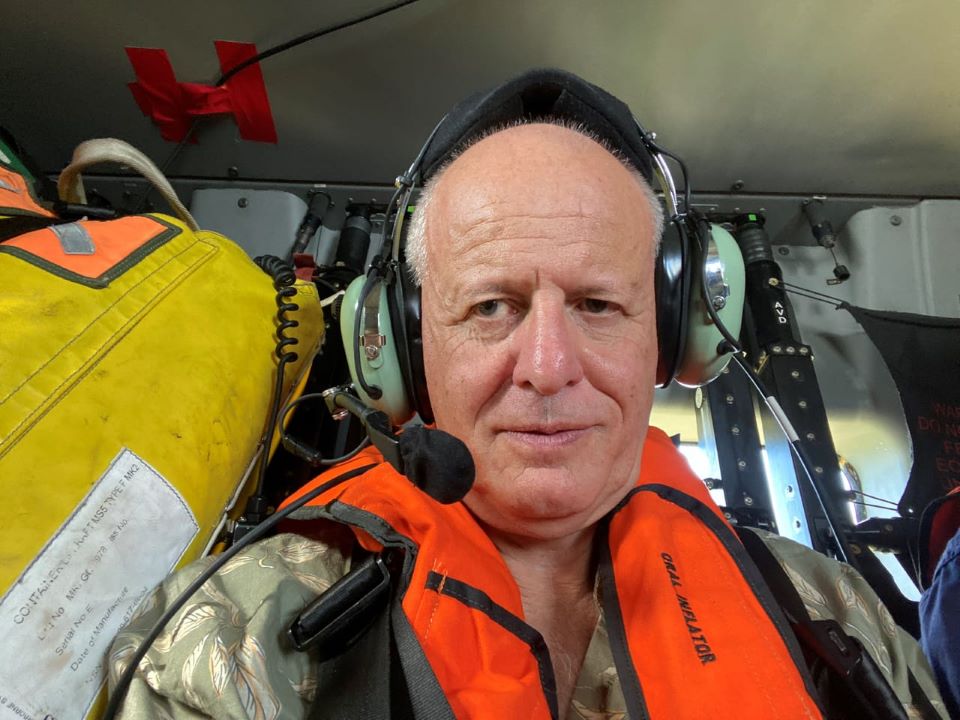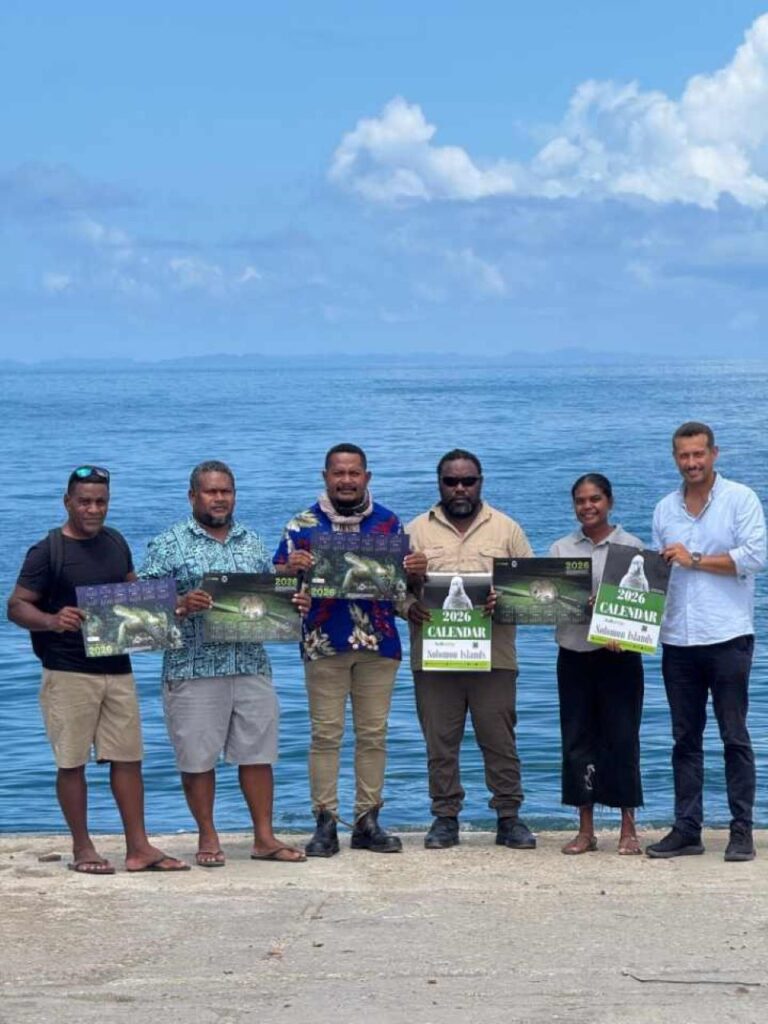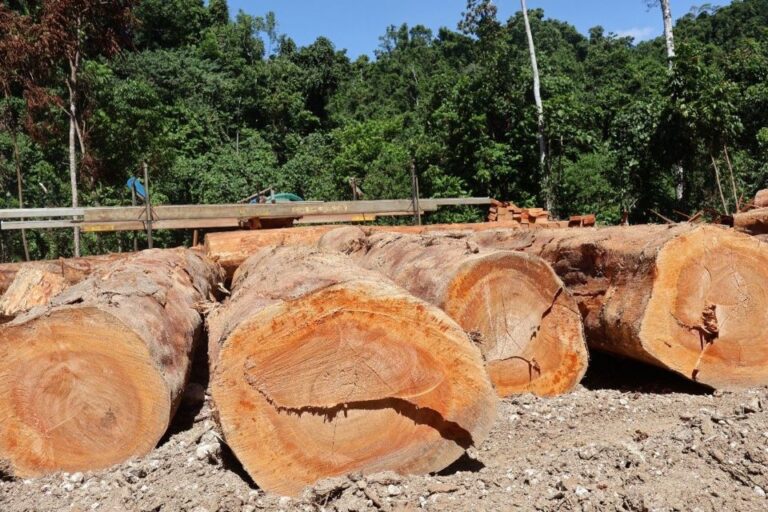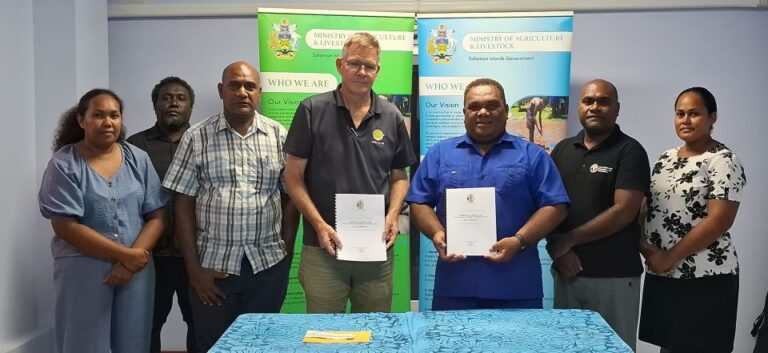BY CHRIS ALEX
THE environmental challenges faced by the Solomon Islands over the past decades, where natural resources are often at odds with the need for economic development. The country must sustainably balance environmental conservation and development, said New Zealand High Commissioner to the Solomon Islands, Jonathan Schwass.
In an exclusive interview with Environmental Media, he offered insights into these pressing issues and stressed the importance of striking a balance between development and conservation.
“The Solomon Islands is one of the most beautiful countries I know,” Schwass said.
He acknowledged the natural beauty and appearance that draw visitors and foster local livelihoods in the Solomon Islands. From the rich coral reefs and rainforests to the untouched beaches and unique biodiversity, the Solomon Islands is a haven of natural beauty.
However, Schwass cautioned that despite the country’s relatively small population, the environmental consequences of unsustainable practices could become dire if not addressed.
“You don’t need to be a genius to see the growing pressures here.
“Because the population is small, the impact of unsustainable environmental practices may take longer to show than in other countries. But you don’t need to be a genius to see the growing pressures here: the massive impact of forestry and mining, the poor air quality in Honiara, and plastic and other pollution of land and sea,” he argued.
Jonathan Schwass has long been an advocate for environmental sustainability in the Pacific. Having served in the Solomon Islands for an extended period, Schwass has developed a deep understanding of the unique environmental challenges faced by the country.
The High Commissioner’s environmental advocacy aligns with New Zealand’s partnership with the Solomon Islands, aiming for sustainable solutions that benefit local communities and the environment.
Schwass later acknowledged that the Solomon Islands government is aware of these challenges and is working towards addressing them.
“I know the government is focused on these problems and that environmental challenges must be balanced against economic necessity. But I do hope the country will prioritize protecting the environment that makes the Solomon Islands unique in the world,” he said.
For Schwass, the solution lies in prioritizing conservation efforts while exploring sustainable development models. He stressed that the protection of the environment should not be seen as a hindrance to growth but as a vital aspect of preserving the country’s future.
“Once the natural world goes, it has gone forever,” he warned, underscoring the irreversible damage that could result from neglecting environmental stewardship.
As the country continues to navigate its path toward economic development, Schwass’s words serve as a timely reminder of the delicate balance between progress and conservation. His call for sustainable practices and conservation efforts rings an alarm for a broader need for collective action to protect the environment, not just in the Solomon Islands but across the Pacific region.




